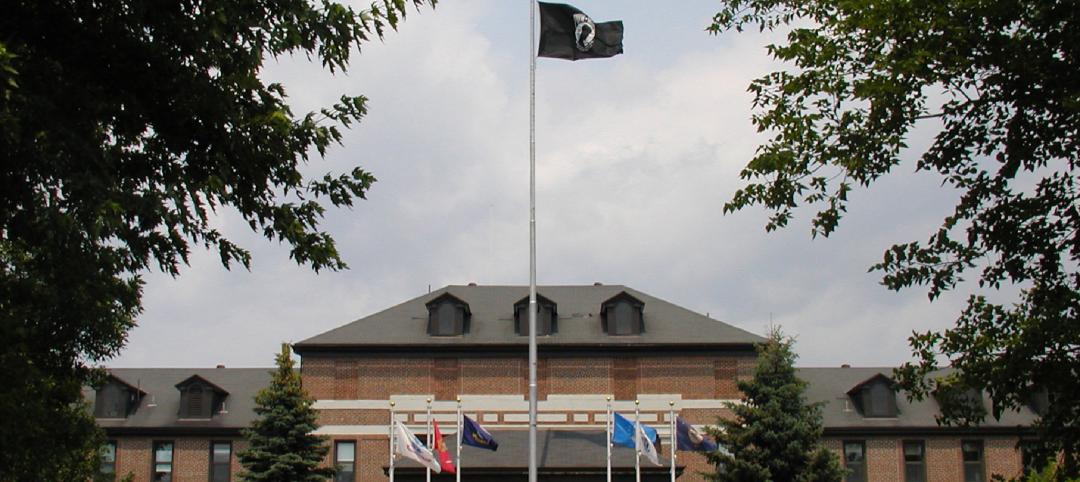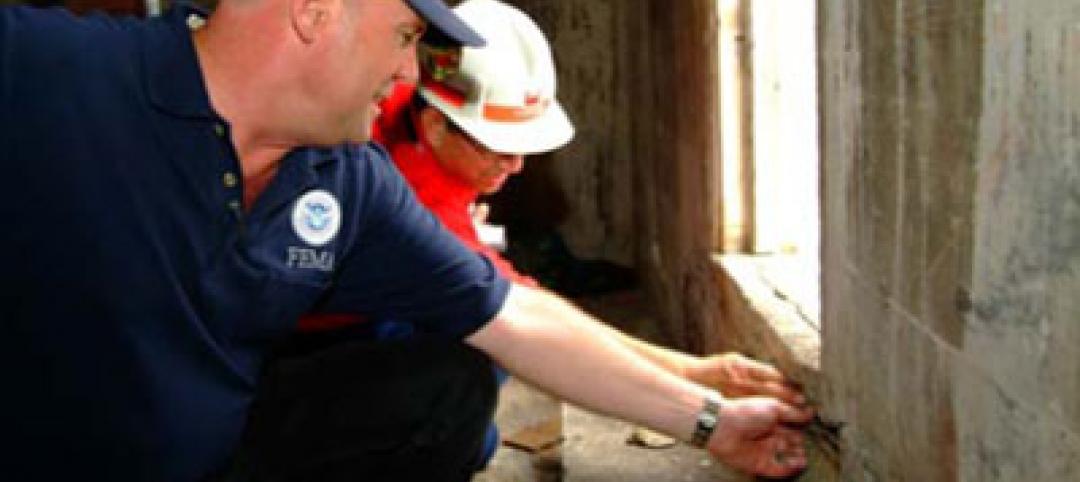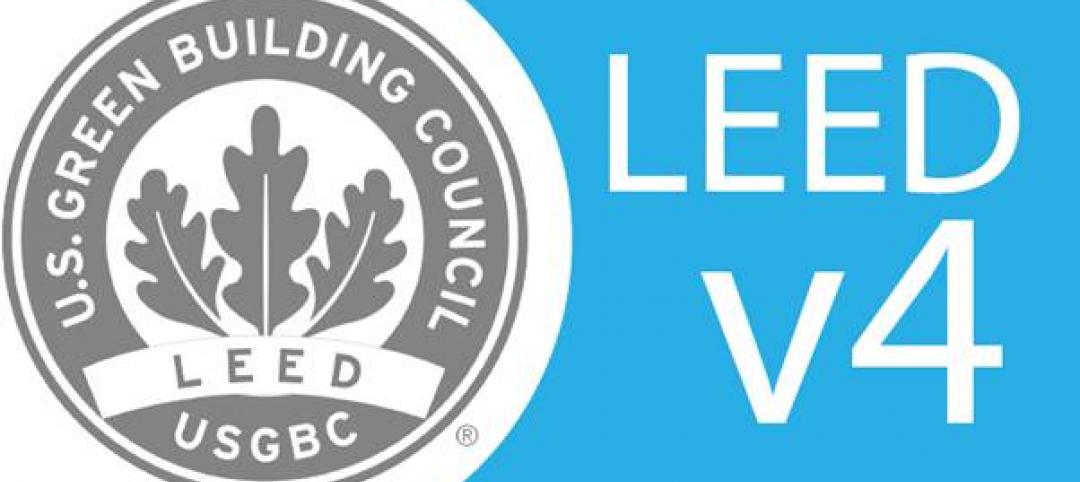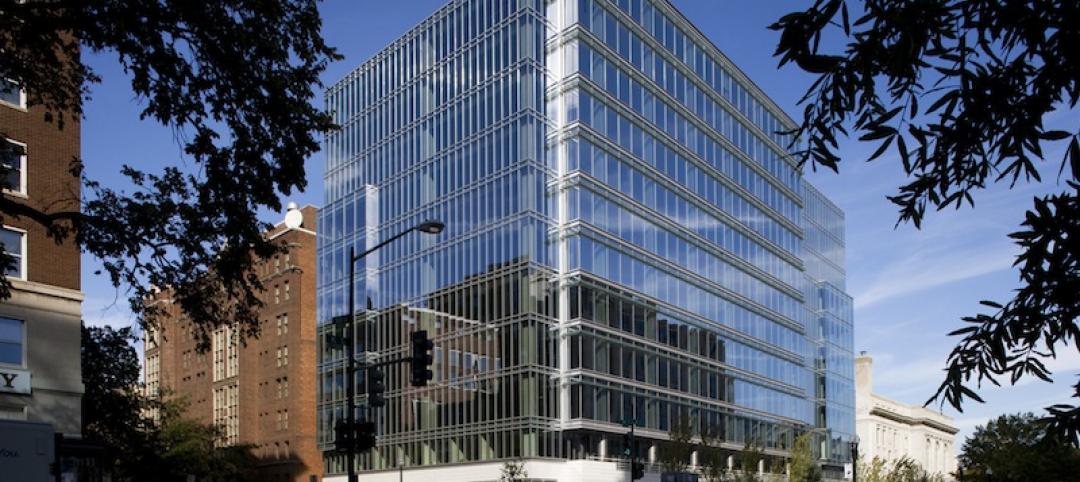The American Wood Council's 2015 “Wood-Frame Construction Manual for One- and Two-Family Dwellings” (WFCM ) has been approved as an American National Standard by the American National Standards Institute (ANSI). WFCM is referenced in the International Code Council’s 2015 “International Building Code” and 2015 “International Residential Code” (IRC).
The manual equips designers with engineered construction methods that result in buildings better able to withstand damage and protect occupants should disaster strike,” said AWC President & CEO Robert Glowinski. “Since the WFCM was first published in 1995, AWC has been providing a solution for design of wood-frame structures to resist natural disasters. Each successive edition of the standard continues to provide solutions to more severe events as required by building codes.”
The WFCM includes design and construction provisions for connections and wood wall, floor, and roof systems. A range of structural elements are covered, including sawn lumber, structural glued laminated timber, wood structural sheathing, I-joists, and trusses.
Primary changes in the new WFCM include:
· Tabulated spans for lumber framing members now reflect changes to design values referenced in the 2015 “National Design Specification for Wood Construction”.
· New tables provide prescriptive wood-frame solutions for rafters and ceiling joists in response to new deflection limits for ceilings using gypsum wallboard or brittle finishes adopted in the 2015 IRC.
· Designers may begin using the new standard immediately, but are encouraged to seek approval from the authority having jurisdiction.
The free view-only 2015 WFCM is now available in electronic format on the AWC website. Print versions of the standard are expected to be available for purchase in early 2015.
Related Stories
| Oct 31, 2013
IECC code updates include better lighting controls and new HVAC technology
The proposed new code will increase the mandatory installation of occupancy sensors and daylighting controls to many new types of spaces.
| Oct 31, 2013
Effects of green, white roofs to be compared at Walmart in Oregon
Portland State University will construct a 40,000 sf green roof research site on the top of a new Walmart store in North Portland, Ore., and compare it to a 52,000 sf section of roof with a white membrane.
| Oct 31, 2013
GSA okays Green Globes; USGBC counters forestry industry concerns
Green Globes, a LEED rival, was recently declared to be nearly equal with LEED standards by the General Services Administration.
| Oct 25, 2013
California struggles with updated seismic codes
In California, there are still hundreds of concrete buildings that need reinforcement to bring them up to the new seismic code.
| Oct 24, 2013
Supplement No. 2 to AISC 358-10 Prequalified Moment Connection Standard available for public review
Supplement No. 2 to the American Institute of Steel Construction (AISC) standard Prequalified Connections for Special and Intermediate Steel Moment Frames for Seismic Applications (AISC 358-10) is now available for public review.
| Oct 24, 2013
Changes in LEED v4 will have large impact on materials manufacturers
Changes to LEED in LEED v4 are so dramatic that they will send ripples into other industries and shift expectations on sustainability reporting and performance far beyond the building industry.
| Oct 24, 2013
D.C. office buildings going green at twice the national average
In 2011, about 33% of new office buildings in the U.S. were built to green standards, but in the nation’s capital that rate has skyrocketed.
| Oct 18, 2013
AGC considers suit over new hiring goals for vets, disabled
The Associated General Contractors of America and the HR Policy Association are reportedly considering taking legal action over the Labor Department's new hiring goals for veterans and disabled people.
| Oct 18, 2013
Cities may be more capable of driving sustainability than nations, experts say
With countries not tackling climate change aggressively, cities are in the best position to drive increased sustainability.
| Oct 8, 2013
Kansas City board OKs $1.6 billion TIF for $4.3 billion redevelopment project
Kansas City’s Tax Increment Financing Commission voted unanimously to forward the Bannister & I-435 TIF Plan to the Kansas City Council for approval.















